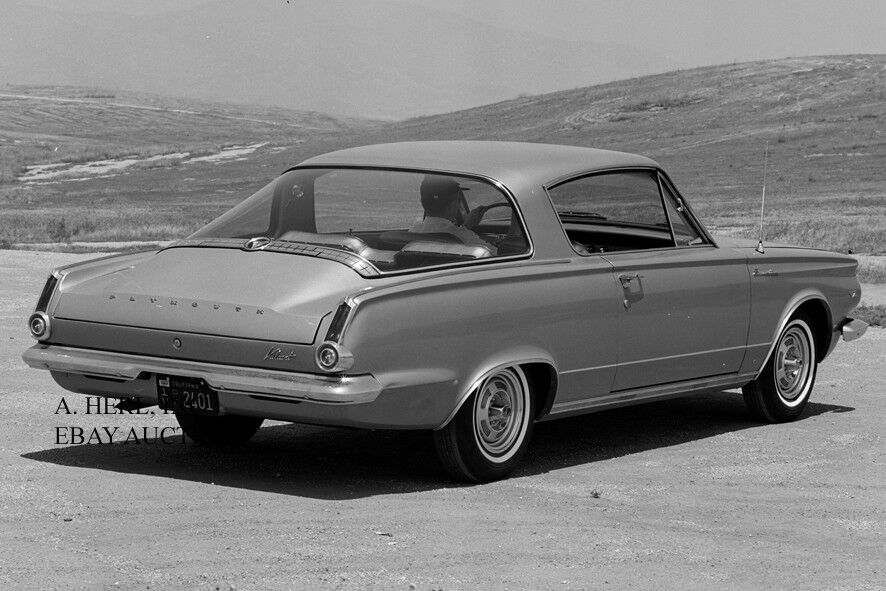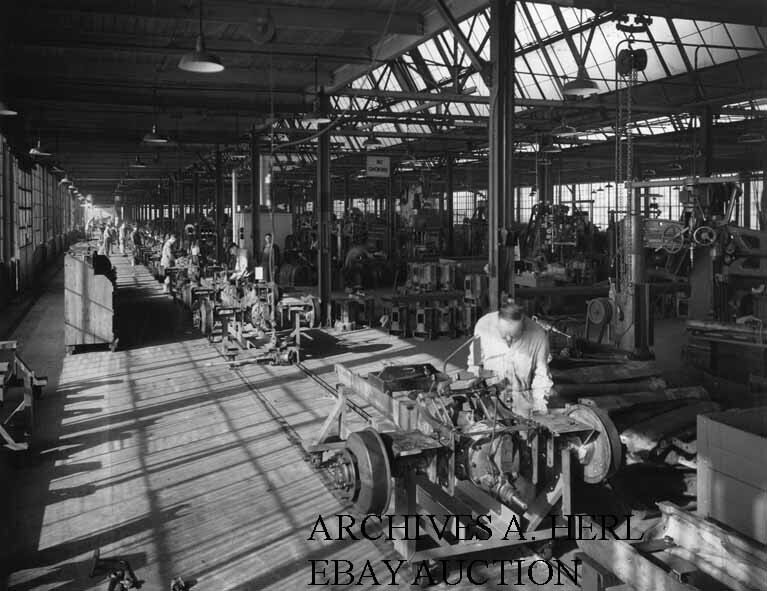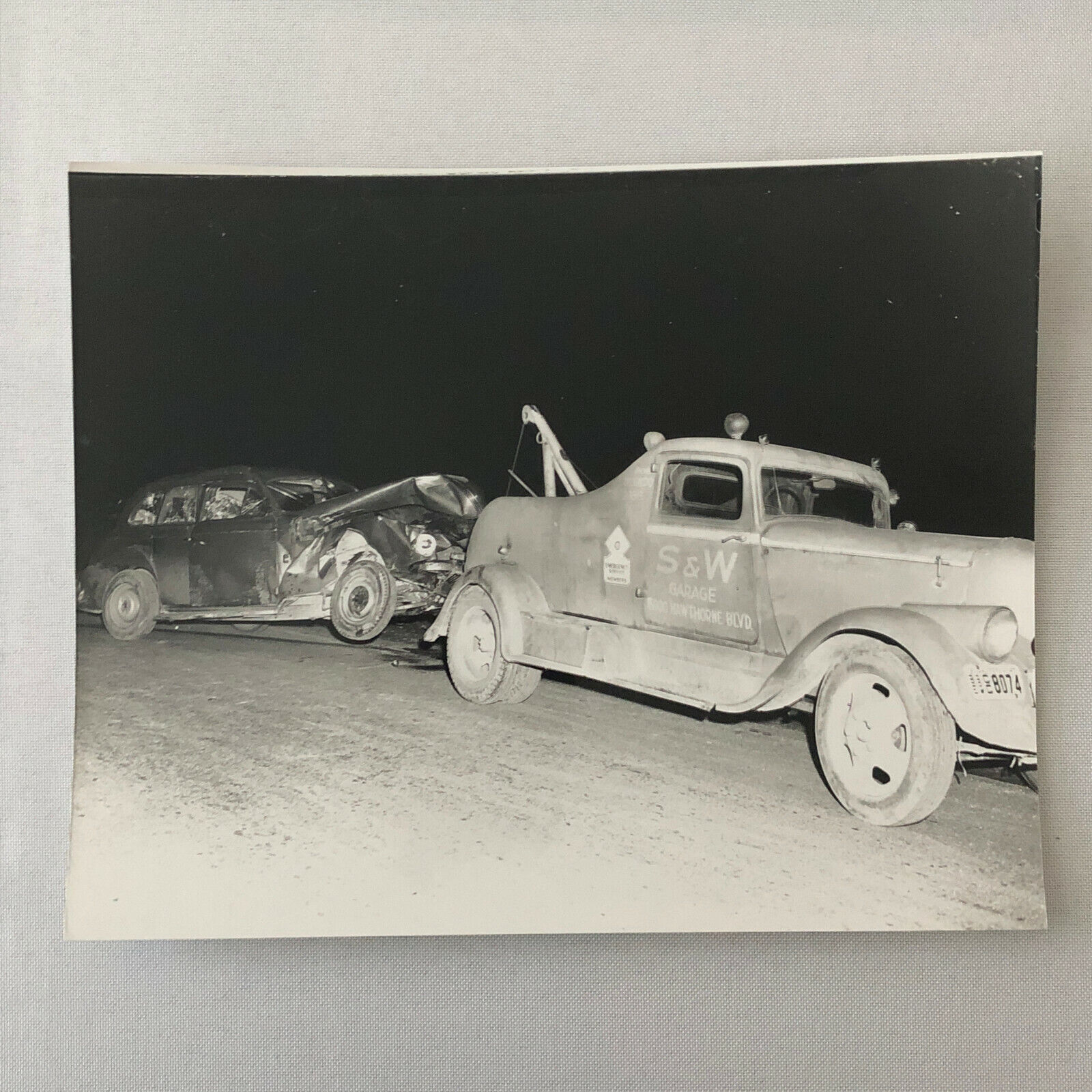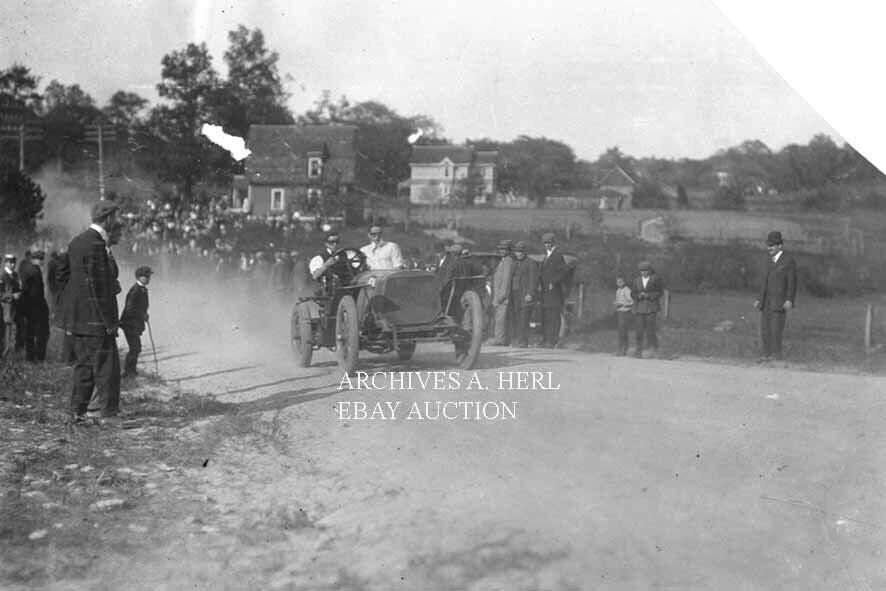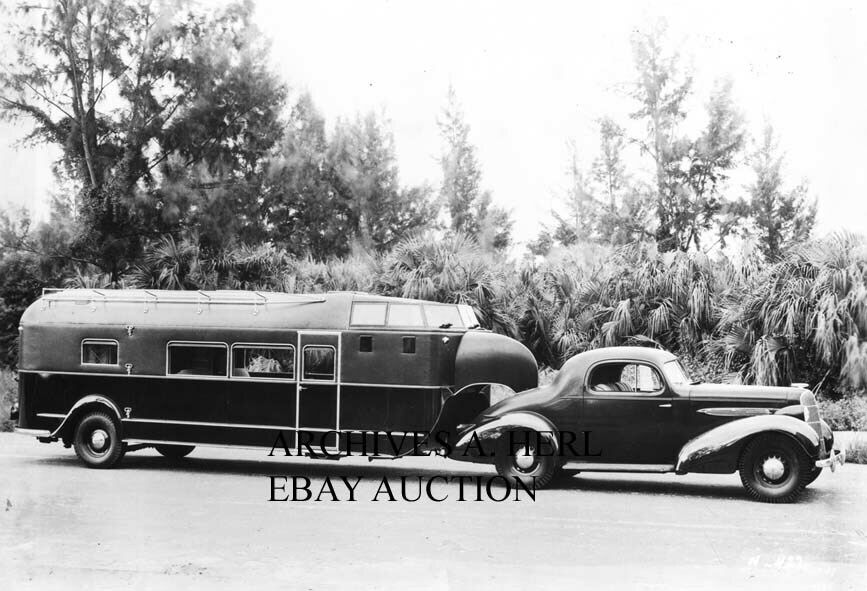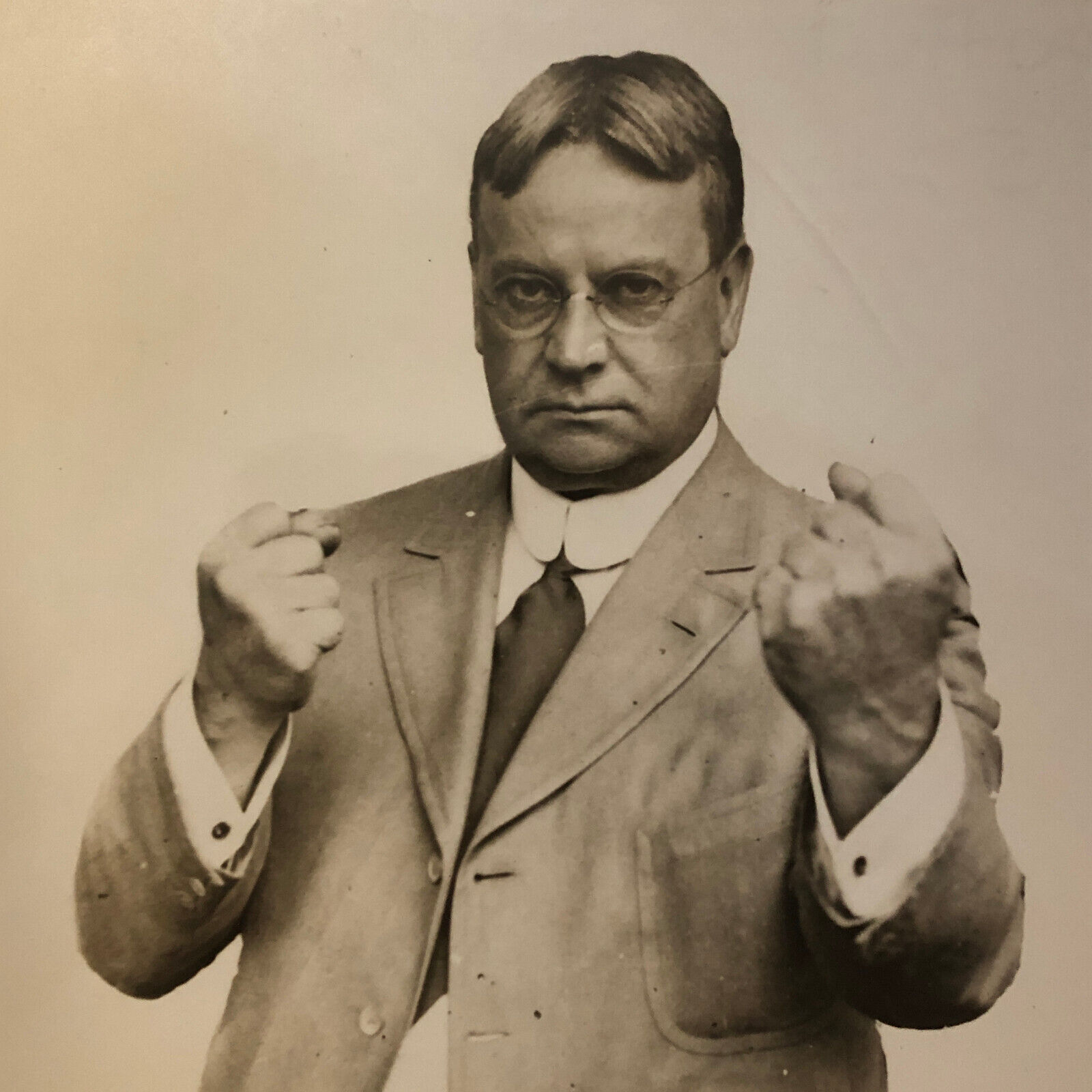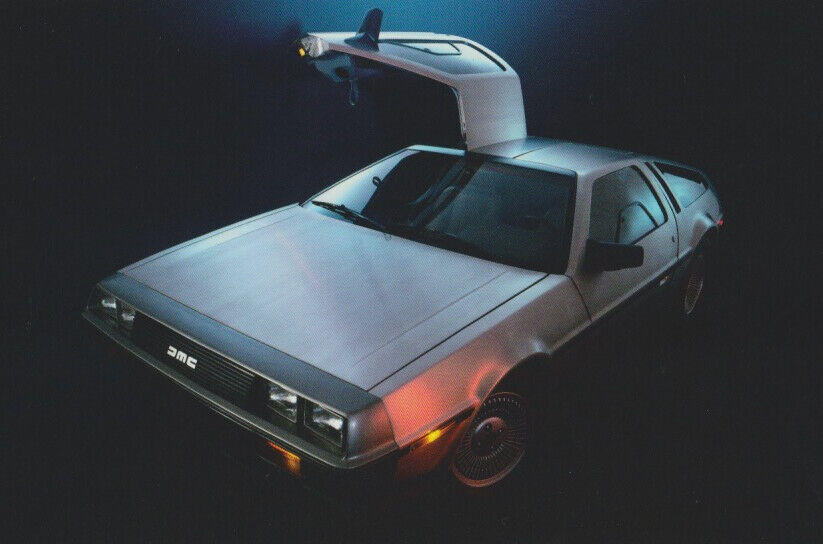-40%
Plymouth Barracuda 1965 Muscle Car model introduction press photo photograph 2
$ 5.14
- Description
- Size Guide
Description
A superb and rare photo of the 1965Plymouth Barracuda
.
Plymouth
(founded 1928 - dissolved 2001) was a marque of automobile based in the
United States
, marketed by the Chrysler Corporation and DaimlerChrysler. The
Plymouth
automobile was introduced on
July 7, 1928
. It was the Chrysler Corporation's first entry in the low-priced field, which at the time was dominated by Chevrolet and Ford. Plymouths were actually priced a little higher than the competition, but they offered standard features such as external expanding hydraulic brakes that the competition did not provide. Plymouths were originally sold exclusively through Chrysler dealerships. The logo featured a rear view of the Mayflower ship which landed at Plymouth Rock. However, the
Plymouth
brand name came from Plymouth Binder Twine, chosen by Joe Frazer for its popularity among farmers. The origins of the first
Plymouth
can be traced back to the Maxwell automobile. When Walter P. Chrysler took over control of the trouble-ridden Maxwell-Chalmers car company in the early 1920s, he inherited the Maxwell as part of the package. After he used the company's facilities to help create and launch the Chrysler car in 1924, he decided to create a lower-priced companion car. So for 1926 the Maxwell was reworked and re-badged as the low-end Chrysler "52" model. In 1928, the "52" was once again redesigned to create the Chrysler-Plymouth Model Q. The "Chrysler" portion of the nameplate was dropped with the introduction of the Plymouth Model U in 1929. While the original purpose of the
Plymouth
was simply to cover a lower-end marketing niche, during the Great Depression of the 1930s the car would help significantly in ensuring the survival of the Chrysler Corporation in a decade when many other car companies failed. Beginning in 1930, Plymouths were sold by all three Chrysler divisions (Chrysler, DeSoto, and Dodge).
Plymouth
sales were a bright spot during this dismal automotive period, and by 1931
Plymouth
rose to the number three spot among all cars. In 1939
Plymouth
produced 417,528 vehicles, of which 5,967 were roadsters, or two-door convertibles with rumble seats. The 1939 Roadster was prominently featured at Chrysler's exhibit at the 1939 World's Fair, advertised as the first mass-production convertible with a power folding top. It featured a 201-cubic-inch, 82 horsepower (61 kW) version of the Chrysler Flathead Six engine. For much of its life,
Plymouth
was one of the top selling American automobile brands, along with Chevrolet and Ford ("the low-priced three").
Plymouth
even surpassed Ford for a time in the 1940s as the second most popular make of automobiles in the
U.S.
Through 1956,
Plymouth
vehicles were known for their durability, affordability and engineering. In 1957, Chrysler's Forward Look styling theme produced cars with much more advanced styling than Chevrolet or Ford, although Plymouth's reputation would ultimately suffer as the cars were prone to rust and sloppy assembly. Because of its new "Forward Look" styling, however, 1957 total production soared to 726,009, about 200,000 more than 1956, and the largest output yet for
Plymouth
. The marque also introduced its limited production Fury line in 1956, and it too benefited from the crisp Forward Look designs. The
Plymouth
brand lost market share rapidly in the early 1960s. While
Plymouth
was a styling leader from 1957 to 1958, its 1959 through 1962 models were awkwardly styled cars that failed to strike a chord with the public.
Plymouth
also found itself in competition with its own corporate sister division Dodge when the lower-priced, full-size Dodge Dart was introduced for 1960. Rambler, and then Pontiac would assume the number three sales position for the remainder of the decade.
Plymouth
went into a decline from which it would never fully recover. The marque regained market share following the introduction of the 1965 models, which returned
Plymouth
to full-size vehicles and more mainstream styling.
Plymouth
regained its traditional third place in the sales race in 1971 and 1974, primarily with its popular Valiant and Duster compact models, but as a brand
Plymouth
was hardest hit by Chrysler's financial woes of the late 1970s. Marketing decisions progressively thinned
Plymouth
lineup while giving new models to the Dodge and Chrysler brands; by 1979, the
Plymouth
range consisted of only the domestically produced Volare and Horizon models, and some rebadged Mitsubishi imports. Despite the introduction of popular models like the 1981 Reliant and 1984 Voyager,
Plymouth
sales and production numbers continued to decline. Such was the extent of the badge engineering that substantially identical Dodges and Plymouths were being sold at substantially identical prices, eroding the last of
Plymouth
's market distinction and quashing any significant reasons for buying one over the other. Most
Plymouth
models offered from the late 1980s onward, such as the Acclaim, Laser, Neon, and Breeze, were badge-engineered versions of Chrysler, Dodge, or Mitsubishi models. Chrysler considered giving
Plymouth
a variant, to be called the Accolade, of the new-for-1993 full-size LH platform[2], but decided against it. By the late 1990s, only four vehicles were sold under the
Plymouth
name: the Voyager/Grand Voyager minivans, the Breeze mid-size sedan, the Neon compact car, and the Prowler sports car, which was to be the last model unique to
Plymouth
. After discontinuing the Eagle brand in 1998, Chrysler was planning to expand the
Plymouth
line with a number of unique models before the corporation's merger with Daimler-Benz AG. The first model was the Plymouth Prowler, a modern-day hot rod. The PT Cruiser was to have been the second. Both models had similar front-end styling, suggesting Chrysler intended a retro styling theme for the
Plymouth
brand. At the time of Daimler's takeover of Chrysler,
Plymouth
had no unique models besides the Prowler not also available in the Dodge or Chrysler lines. Further, while all
Plymouth
dealers also sold the Chrysler line of cars, many Dodge dealers sold only Dodge; it would have caused much greater disturbance to the dealer network to discontinue Dodge than
Plymouth
. Consequently, DaimlerChrysler decided to drop the make after a limited run of 2001 models. This was announced on
November 3, 1999
. The last new model sold under the
Plymouth
marque was the second generation Neon for 2000-2001. The PT Cruiser was ultimately launched as a Chrysler, and the Prowler and Voyager were absorbed into that make as well. Following the 2001 model year, the Neon was sold only as a Dodge in the
US
, though it remained available as a Chrysler in Canadian and other markets. The Plymouth Breeze was dropped after 2000, before Chrysler introduced their redesigned 2001 Dodge Stratus and Chrysler Sebring sedan.
This is a very nice and very rare non period photo that reflects a wonderful era of
Plymouth
‘s automotive history in a wonderful way.
This is your rare chance to own this photo, therefore it is printed in a nice large format of ca. 8" x 12" (ca. 20 x 30 cm).
It makes it perfectly suitable for framing.
Shipping costs will only be $ 7.00 regardless of how many photos you buy. For 5 or more photos, shipping is free!
(Note: A. Herl, Inc. does not appear on photo, for ebay purposes only)
No copyright expressed or implied. Sold as collectable item only. We are clearing out our archives that we have gathered from various sources.
All items always sent well protected in PVC clear files
and board backed envelopes.
We have photographs that came from professional collections and/or were bought from the original photographer or press studio! They are all of professional and excellent quality.
After many decades of professionally collecting photographs and posters we are clearing out our archives. They make the perfect gift and are perfectly suited for framing. They will look gorgeous unframed and will be a true asset nicely framed with a border. They are a gorgeous and great asset in every home, workshop, workplace, restaurant, bar or club!
First come - first served. And you can always contact us for your requests. Please ask any questions before the auction ends.
